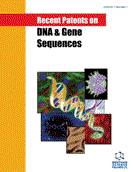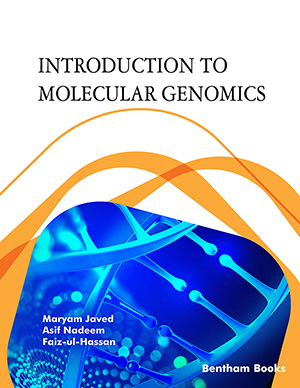Abstract
Scientific breakthroughs have often led to commercially viable patents mainly in the field of engineering. Commercialization in the field of medicine has been restricted mostly to machinery and engineering on the one hand and therapeutic drugs for common chronic ailments such as cough, cold, headache, etc, on the other. Sequencing of the human genome has attracted the attention of pharmaceutical companies and now biotechnology has become a goldmine for commercialization of products and processes. Recent advances in our understanding of basic biological processes have resulted in the opening of new avenues for treatment of human genetic diseases, especially single gene disorders. A significant proportion of human genetic disorders have been shown to be caused due to degradation of transcripts for specific genes through a process called nonsense mediated decay (NMD). The modulation of NMD provides a viable therapeutic option for treatment of several genetic disorders and therefore has been a good prospect for patenting and commercialization. In this review the molecular basis for NMD and attempts to treat genetic diseases which result from NMD are discussed.
Keywords: Nonsense mediated decay, translation, premature stop codon, genetic disorders, cystic fibrosis, duchenne muscular distrophy, transcription, mRNA, alternative splicing, Upf1
 44
44











